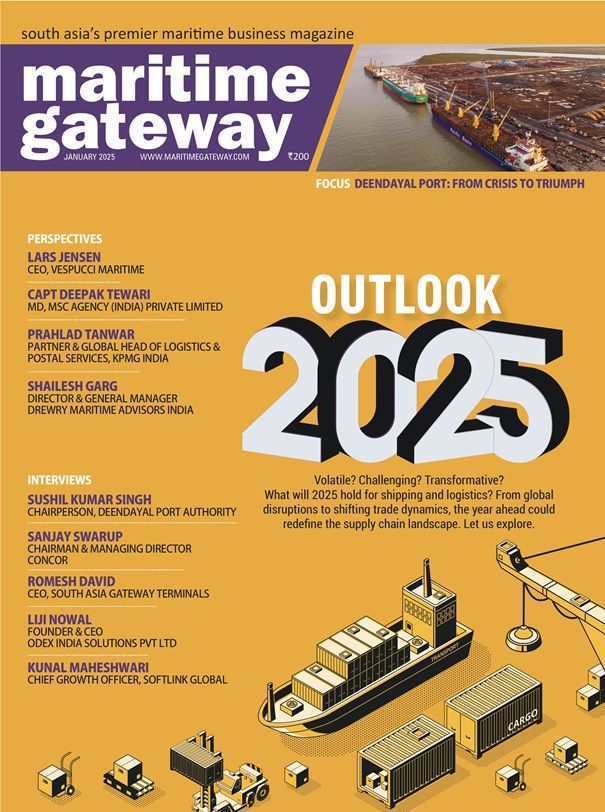[vc_row][vc_column][vc_column_text]
With the government dropping the contentious 1 per cent additional inter-state tax, the proposed national sales tax or the GST stands simplified with aberrations removed, said tax experts.
Ahead of Rajya Sabha considering the biggest indirect tax reform measure since independence, the government has met a key opposition demand of scrapping 1 per cent additional tax on inter-state movement of goods. It has also agreed to compensate states for any revenue losses for five years.
“The tax process/system under GST would stand simplified with the government’s decision to do away with 1 per cent additional tax on interstate supplies.
“…tax would have resulted in a cascading tax on interstate supplies, resulting in an otherwise not so pure GST and would have also driven companies to consider the same while making warehousing/logistics decisions,” said Mahesh Jaising, Partner, BMR & Associates LLP.
The Goods and Services Tax (GST) seeks to replace a slew of Centre taxes and levies in 29 states, transforming the nation into a customs union.
The Bill is listed for consideration in the Upper House this week.
PwC Partner (Indirect Tax) Anita Rastogi said the proposed 1 per cent tax was not in line with the key concepts of GST, as the levy would have been a cost in the entire supply chain at various supply incidences. “Hence its removal is a welcome decision.”
Nitish Sharma, partner, Nangia & Co said the doing away with additional tax is favourable step towards removing impediment in the credit chain and would certainly simplify the tax process.
M S Mani, senior director, Indirect Tax, Deloitte Haskins & Sells LLP said the decision to do away with the 1 per cent tax proposed earlier to compensate the manufacturing states will remove a major aberration in the GST value chain.
Further the statement that states would be compensated for revenue losses for five years would go a long way in addressing their concerns on a very crucial aspect of the GST process, he said.
On flaws in the GST Bill, Jaising said the industry has been making representations to do away the band that the states would be able notify GST rates.
“The draft GST bill does continue to mention about the possibility of GST council enabling ‘bands’ being notified. Bands will result in different GST rates in different states, which though expected to be nominal, will impact a uniform pricing by companies across country and will thereby dilute the concept of a harmonised single national market,” he said.
He said the April 1, 2017, deadline for roll out of GST seems to be “extremely aggressive” given that the industry, specifically service sector, still is in the process of completely understanding the implications of GST and needs to undertake a host of next steps for a meaningful implementation, including on the IT side.
However, PwC’s Rastogi said “should Rajya Sabha passes the Constitution Amendment Bill in current Monsoon session, then the possibility of GST being applicable from April 1, seems to be more realistic.”
Stating that sales tax/VAT on liquor and petroleum has been one of the largest contributors to VAT revenue to states, Jaising hoped these products would be added into the GST net, in the near future.
“While the non-inclusion of petroleum and liquor appears to be in the best interest of the state’s revenues, the petroleum/liquor companies may incur GST for the business operations which would be a sunk cost to such companies, the burden of which is ultimately pushed to consumers,” he said.
[/vc_column_text][/vc_column][/vc_row]







